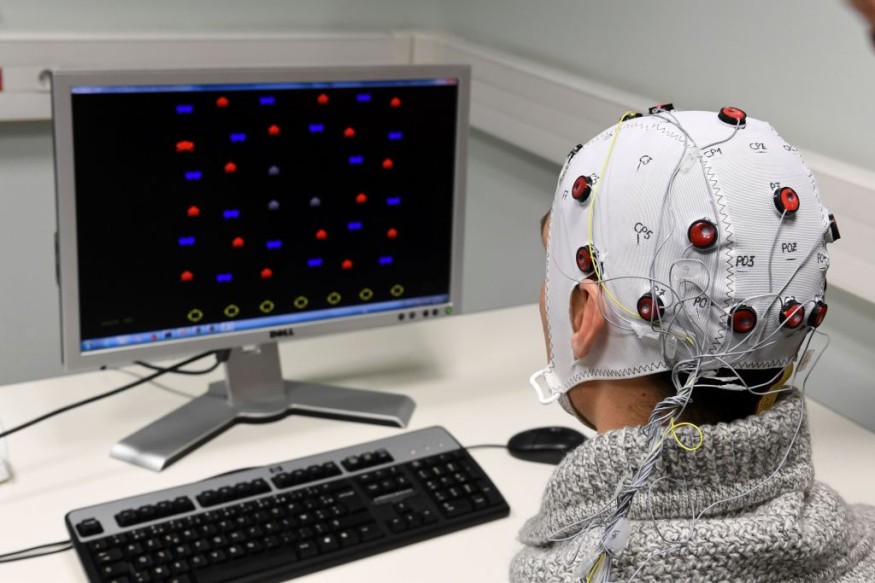A research team from the University of California San Francisco (UCSF) led by top neuroscientist Edward Chang thinks that they have found a way to help people with speech paralysis to speak their minds using a brain-computer interface. In 2021, the same team showed how neuroprosthetics or a brain implant could translate 50 common words when participants tried to say them in full.
In their new study, the team developed a new brain-computer interface that translates individual letters instead of whole words or phrases. In this way, users are able to spell out their thoughts one letter at a time.

From Translating Phrases to Translating Letters
Chang's lab made headlines a few years back after it demonstrated its BrainNect brain-computer interface (BCI). Two volunteers wore electroencephalogram electrodes, which do not require invasive surgery to implant them into the brain. They concentrated on simple thoughts as the EE headsets detected the brainwaves and matched them to a dictionary of phrases.
The BrainNet was impressive but its 76% accuracy left a lot of room for improvement. The Daily Beast reported that a major challenge for the team was achieving high single-trial accuracy rates.
So, they thought of spelling words one letter at a time instead of feeding whole thoughts into a BCI. Although they also thought it would be slower than the existing BCI. To find out, they recruited a volunteer from their 2019 experiment "severe limb and vocal-tract paralysis" and implanted a postcard-size patch of 16 electrodes under his skull.
Chang, together with colleagues UCSF neuroscientists Sean Metzger and David Moses, taught the man NATO phonetic alphabet in which "Alpha" is for A, "Bravo" for B, "Charlie" for C, etc. They instructed him to think of each letter in the NATO code word format.
BCI Translates Over 1,000 Letters From Paralyzed Man
Researchers report in their study, titled "Generalizable Spelling Using a Speech Neuroprosthesis in an Individual With Severe Limb and Vocal Paralysis" published in Nature Communications, that the BCI read the brainwaves and matched the waves to a 1,152-word dictionary.
According to Medical Xpress, the team simulated that this vocabulary could be extended to over 9,000 words, which is basically the average number of words humans use in a year. The brain implant device decoded around 29 characters a minute or about seven words per minute and with an error rate of 6%.
The man was referred to as BRAVO1 since he is the first participant in the Brain-Computer Interface Restoration of Arm and Voice trial. Metzger noted that the man seems to have enjoyed this device because it allowed him to communicate quickly and easily.
Last year, a different BCI from Stanford University researchers was able to decode 18 words per minute as the participant imagined handwriting. But Metzger said that their speech-based approach has a unique advantage since the 50 commonly used words could be used in many interactions, while rarer words can be spelled out so users can have the best of both worlds.
The research still needs further study to confirm its effectiveness in other participants. It is still a long way before it becomes available to thousands of people who lost their ability to talk due to strokes, accidents, or diseases. For now, the findings gave hope for a new way to talk given how important communication is to everyone.
RELATED ARTICLE : Brain-Computer Interface That Can Be Controlled Hands-Free May Benefit People With Paralysis
Check out more news and information on Brain-Computer Interface in Science Times.












